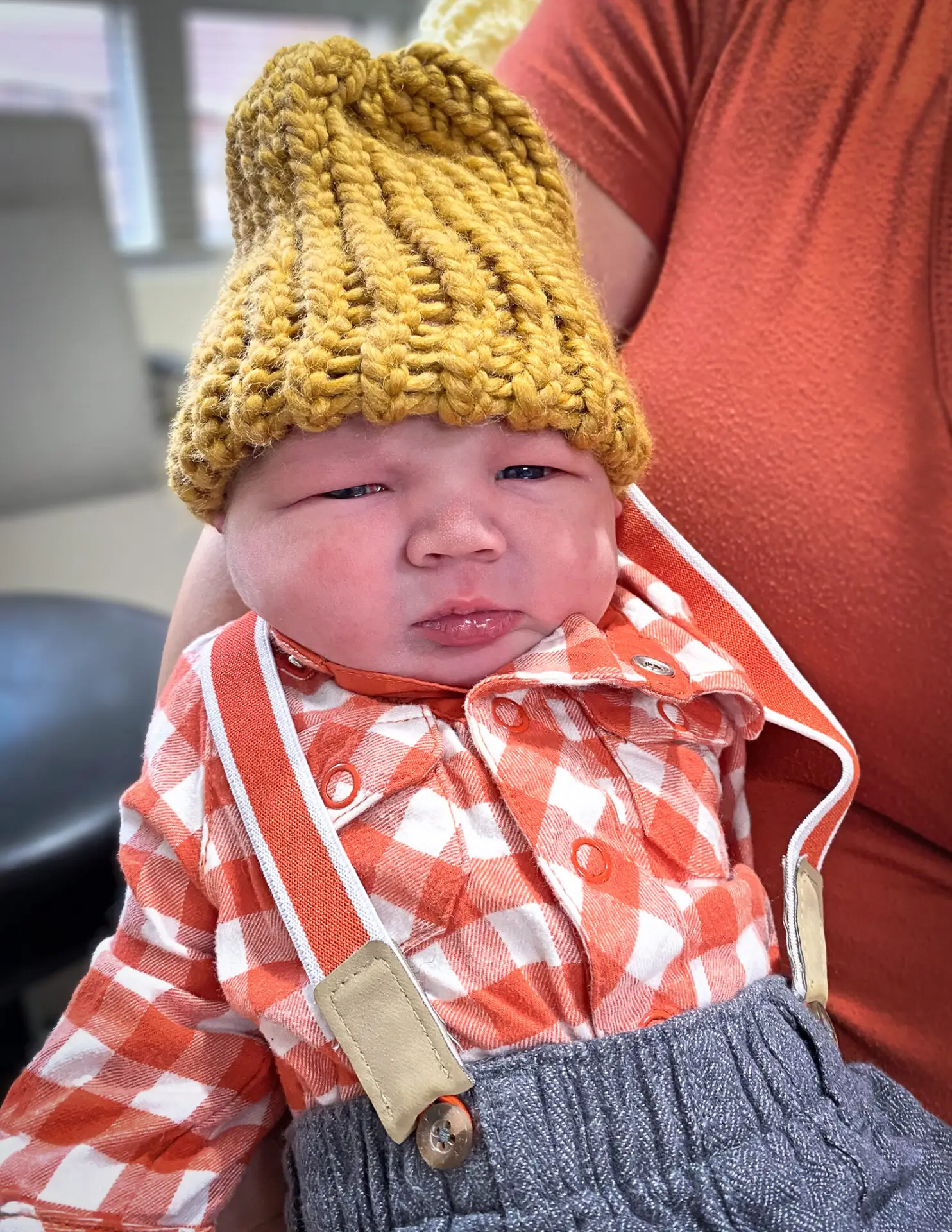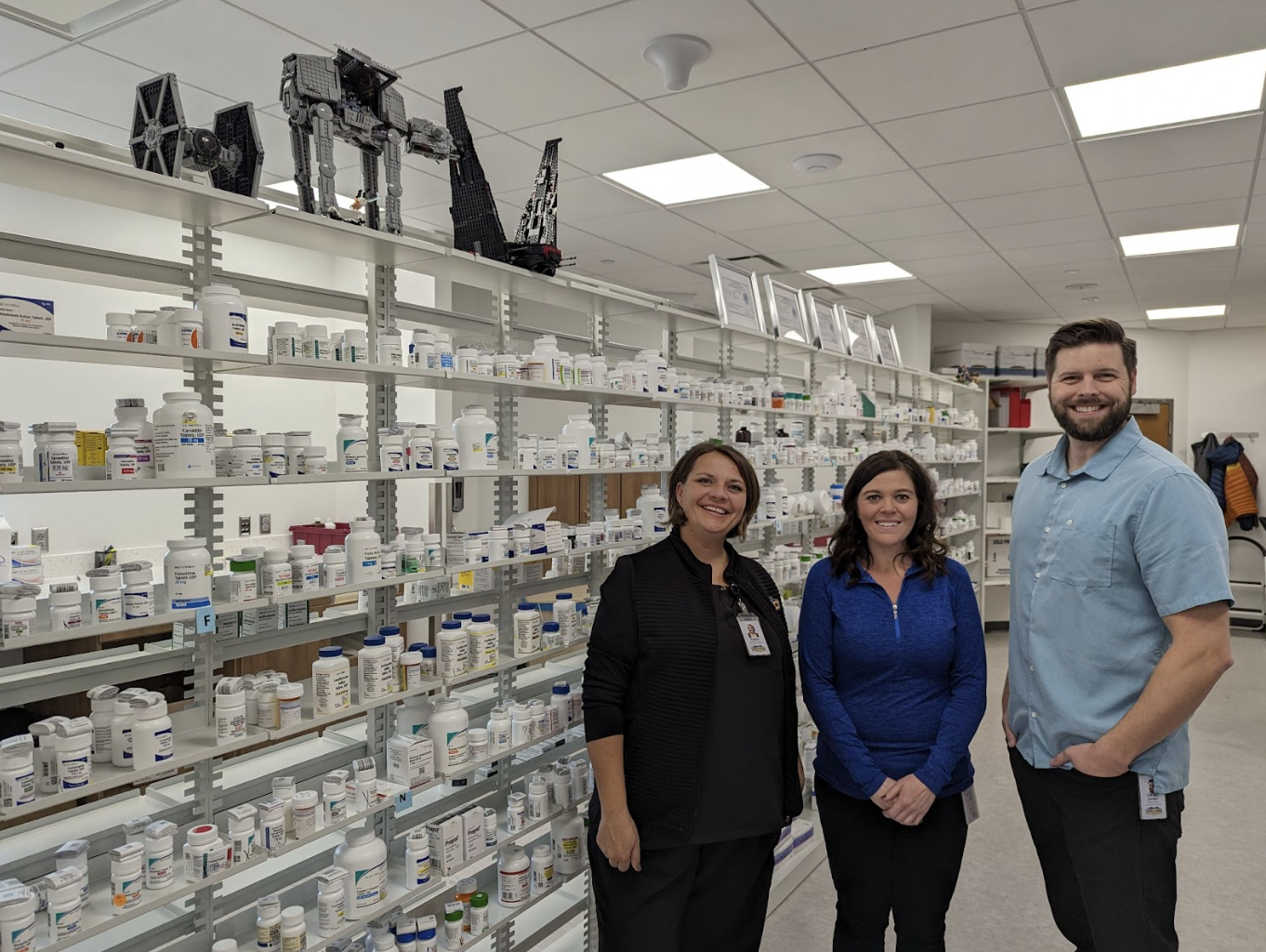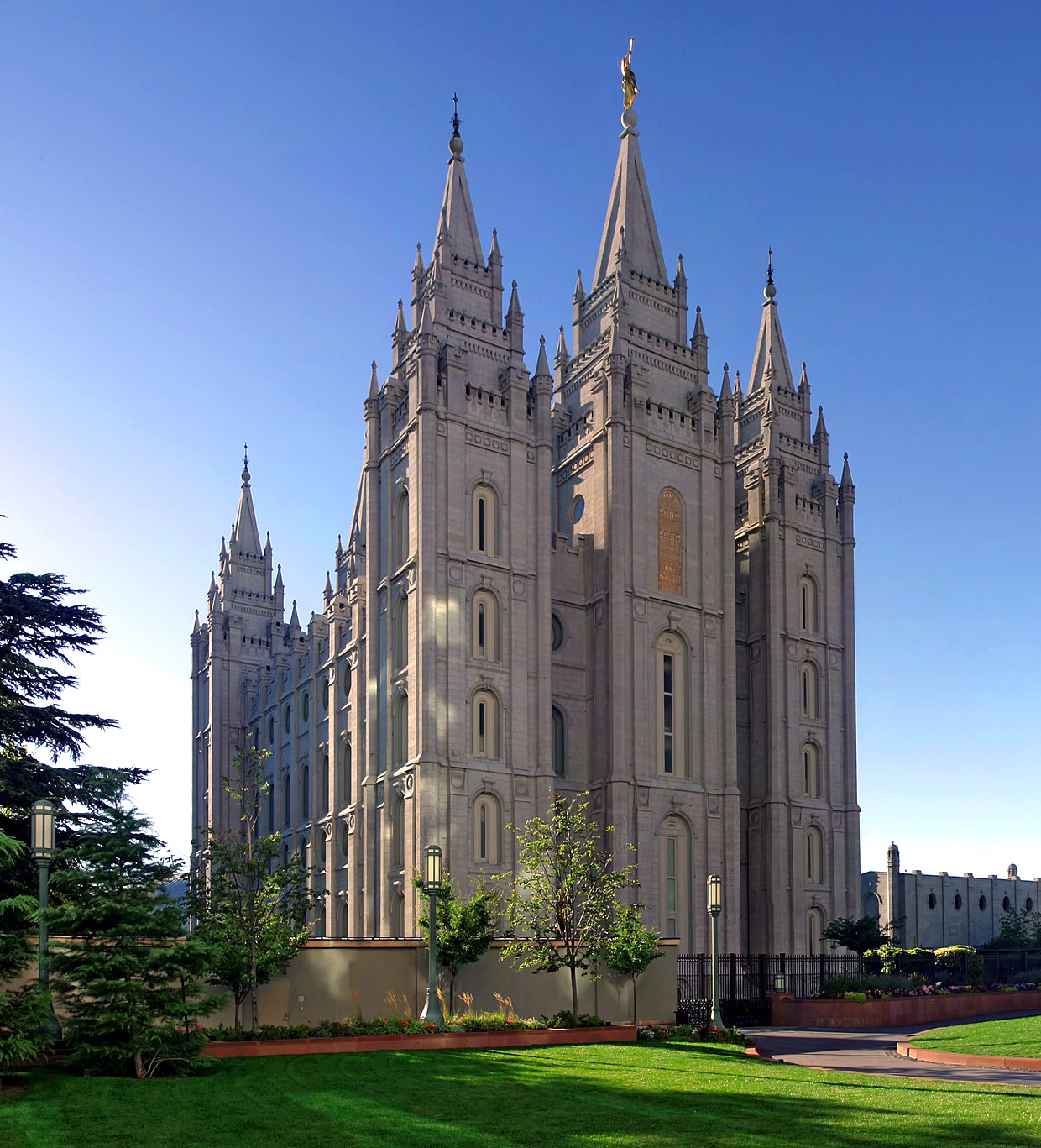The Moab Free Health Clinic, like so many healthcare providers, are preparing for the stress and challenges of responding to the health and economic crisis caused by the spread of COVID-19. Angela Settle is the Development Director of the Moab Free Health Clinic, which has been providing free or low-cost medical care to the Moab community since 2008.
As medical providers, the clinic is looking for ways to protect their patients and staff’s health through social distancing and telehealth measures.
The clinic is supported by donations from patients and the community and focuses on primary and mental healthcare for uninsured patients with few or no other healthcare options.
As closures and layoffs have hit businesses in Moab, Settle said staff at the clinic have seen a rise in clients who are becoming financially stressed. The clinic has asked the community to lend a hand to support those in need, while also taking their own precautions to prevent the spread of the virus.
Social distancing protocols
To comply with physical distancing measures as much as possible, the clinic has switched over to telehealthcare wherever possible. Telehealth options allow healthcare providers to use electronic means, like video services, to connect doctors and patients.
Settle says telehealth is a trend across the country and has benefits even aside from minimizing contact during a pandemic. For example, one of the clinic’s volunteer providers travels from Colorado to volunteer serving patients in Moab. With telehealth options, the doctor can eliminate the two days of travel. Settle says appointments for simple things like prescription renewals could be more efficient using telehealth.
So far, the clinic has been able to stay stocked with supplies like hand soap and toilet paper, Settle said. They were even able to donate a box of N95 masks, the type of facemask approved by the Food and Drug Administration to be used as protection against airborne particles. Settle said because the clinic is reducing how many patients they see face-to-face, they don’t have as high a need for the masks as hospital workers. They sent the protective equipment over to Moab Regional Hospital.
The Moab Free Health Clinic will not be serving patients with any respiratory symptoms, referring to anything that could be COVID-19 to Moab Regional Hospital
Federal aid
Congress recently passed the Coronavirus Aid, Relief, and Economic Security Act (CARES) act, a huge federal economic stimulus package that authorizes the spending of $2 trillion of federal money to ease economic hardship caused by the pandemic. Over one billion dollars of that money is earmarked for hospitals, health providers, and Medicare reimbursements. Asked if that aid money would help the Moab Free Health Clinic, Settle was restrained in her reply.
“There’s always a fine line of how much work you put into a grant versus what you get out of it,” Settle said. “Federal grants tend to be very labor-intensive.”
However, she said that if that aid money could be used to purchase more telehealth equipment, she would consider it very worthwhile to pursue.
Community members in need of care
While their transition to telehealth services has been easy and successful so far, Settle said there are certain pieces of equipment, such as specialized cameras and detection devices, that can make those services better and more comprehensive.
Most of the patients the clinic is caring for, Settle said, are patients with ongoing healthcare needs that the clinic has been serving for years.
However, restrictions and closures due to the coronavirus pandemic have caused many people to lose hours at work or lose their jobs entirely. Even in cases where employers have agreed to continue covering health insurance for their workers, some of those workers can’t afford medical care co-pays without income.
“We have had several people call and say, ‘Hey, I can’t afford to pay for my medication this month!’” said Settle.
Moab Free Health Clinic Executive Director Doug Caylor is asking for donations to the clinic’s recently created Emergency Financial Assistance Program, intended to help people who can’t afford medications due to the fallout of the coronavirus pandemic.
“These times are particularly tough for those in our community with chronic health conditions,” Caylor wrote. He included an example of the cost of one vital medication that some people need to live.
“Did you know that insulin averages $500/month without insurance?” he wrote.
In her conversation with the Moab Sun News, Settle expounded on that point and noted that some diabetic patients require two or three kinds of insulin to manage their condition.
Settle said the clinic has already received several donations to the new fund.
“Thank you for thinking of your neighbors before self,” Caylor wrote in his letter, anticipating the Moab community’s willingness to help.
“We will emerge from this a closer community because of your sacrifices.”
To donate, visit the Clinic’s website at moabfreeclinic.org and click on the “donate” button.
The Moab Free Health Clinic asks for community support
“These times are particularly tough for those in our community with chronic health conditions.”
– Doug Caylor




